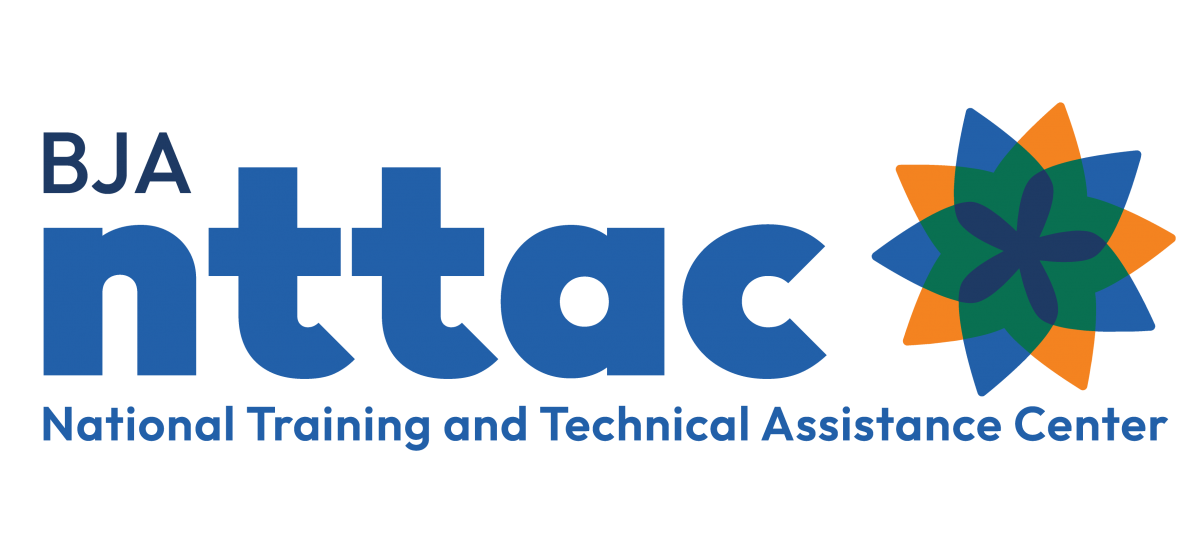The Smart Supervision Program is one of the Second Chance Act (SCA) programs supported through the Bureau of Justice Assistance (BJA).
The Smart Supervision Program provides community supervision agencies with funding, technical assistance, and new tools to improve supervision outcomes. The goals of the program are to improve agencies’ capacity to:
- Provide services and support to individuals based on their assessed needs and facilitate or maintain community reintegration/successful completion of supervision through accountability and positive change.
- Track the outcomes of current policies and practices and inform future decisions.
The objectives of this program include the following:
- Provide staff with training and other skill-building opportunities.
- Adopt technology or tools to facilitate more effective supervision.
- Improve the quality and increase the capacity of programs and services to meet the needs of adults under supervision.
- Examine and revise policies and practices to align with best and promising practices.
- Focus resources where they can have the greatest impact.
- Strengthen the agency’s culture to reduce recidivism through committed leadership and staff engagement.
- Improve supervision officer health and wellness.
- Promote and increase collaboration among justice and other agencies relevant to the supervision population.
Training and Technical Assistance
In support of SCA grantees around the country, the BJA-supported National Reentry Resource Center (NRRC) works collaboratively with SCA technical assistance providers. These agencies provide on- and off-site training and technical assistance (TTA) to the government agencies and nonprofit organizations that receive grants under the provisions of the SCA.
The NRRC works with the Community Supervision Resource Center (CSRC). Supported by the Center for Effective Public Policy, the CSRC supports not only the work of the Smart Supervision grantees, but also serves pretrial, probation, and parole supervision agencies and helps them to align their operations with best and evidence-based practices (EBPs). The CSRC supports state, local, and tribal jurisdictions and agencies in implementing supervision policies, programs, and practices that promote successful outcomes and ensure public safety.
Finally, BJA’s National Training and Technical Assistance Center provides no-cost TTA on a variety of criminal justice topics to improve the knowledge and skills of criminal justice professionals. Agencies interested in receiving TTA can submit a request through an online application.



